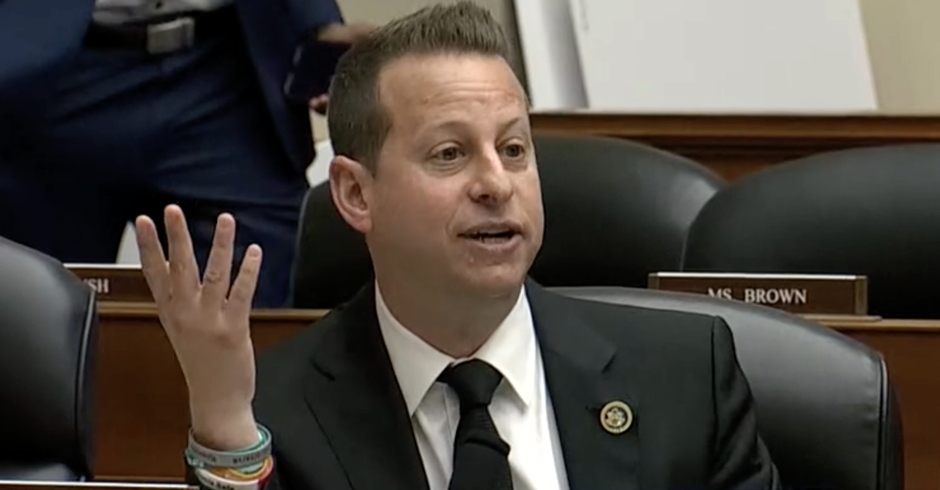GOP Lawmaker: ‘Colored’ People ‘Most Likely To Be Poor,’ ‘Poor More Likely To Commit Crimes’
One Washington state senator has very specific presumptions about the poor, Black people, and crime.
Â
Republican State Senator Jim Honeyford from the state of Washington last week was debating legislation that would require lawmakers to include in bills a statement of the racial impact their proposed legislation would have. Many state legislatures require bills to include financial impact statements – a calculated estimate of how much of the taxpayers’ money a bill would cost if it became law. Some states do the same for the environment – what a bill’s impact on the environment would be. Washington is debating including a bill’s impact on race – how would a bill disproportionally impact racial minorities, for example.
Sen. Honeyford, according to the Slog, had a hard time understanding what a racial impact statement is.Â
“It’s generally accepted that the poor are more likely to commit crimes,” Sen. Honeyford offered as an example of a racial impact statement. “And generally, I think, accepted that people of color are more likely poor than not. So how does that factor into your equation?”
But, as the Slog pointed out, “Sen. Bob Hasegawa, a Democrat representing Beacon Hill, was a little more direct in his response.”
He took umbrage at Honeyford’s comment, saying: “It’s probably true that there’s more people of color in jails or facing prosecutions. But these types of analysis will help us get to the root of what is actually causing that kind of disparate treatment.”
“I want to correct what I said,” Honeyford shot back, doubling down: “I said the poor are more likely to commit crimes, and, uh, colored most likely to be poor. I didn’t say anything else other that. And I believe that’s an accepted fact, and if you check any of your sociology books or anything else you’ll find that’s an accepted fact of our society.” [Bolding original]
Actually, saying it’s an accepted fact that the poor are more likely to commit crimes isn’t acceptable, since the reason why someone is in poverty is an important part of understanding the equation. It’s also not acceptable to use the word “colored” to describe Black people.
Honeyford’s bio on the Washington State website says he was a police officer in the ’60’s and a teacher for three decades.
Â
Image: Washington State Senate Majority Caucus
Â

Enjoy this piece?
… then let us make a small request. The New Civil Rights Movement depends on readers like you to meet our ongoing expenses and continue producing quality progressive journalism. Three Silicon Valley giants consume 70 percent of all online advertising dollars, so we need your help to continue doing what we do.
NCRM is independent. You won’t find mainstream media bias here. From unflinching coverage of religious extremism, to spotlighting efforts to roll back our rights, NCRM continues to speak truth to power. America needs independent voices like NCRM to be sure no one is forgotten.
Every reader contribution, whatever the amount, makes a tremendous difference. Help ensure NCRM remains independent long into the future. Support progressive journalism with a one-time contribution to NCRM, or click here to become a subscriber. Thank you. Click here to donate by check.
 |











